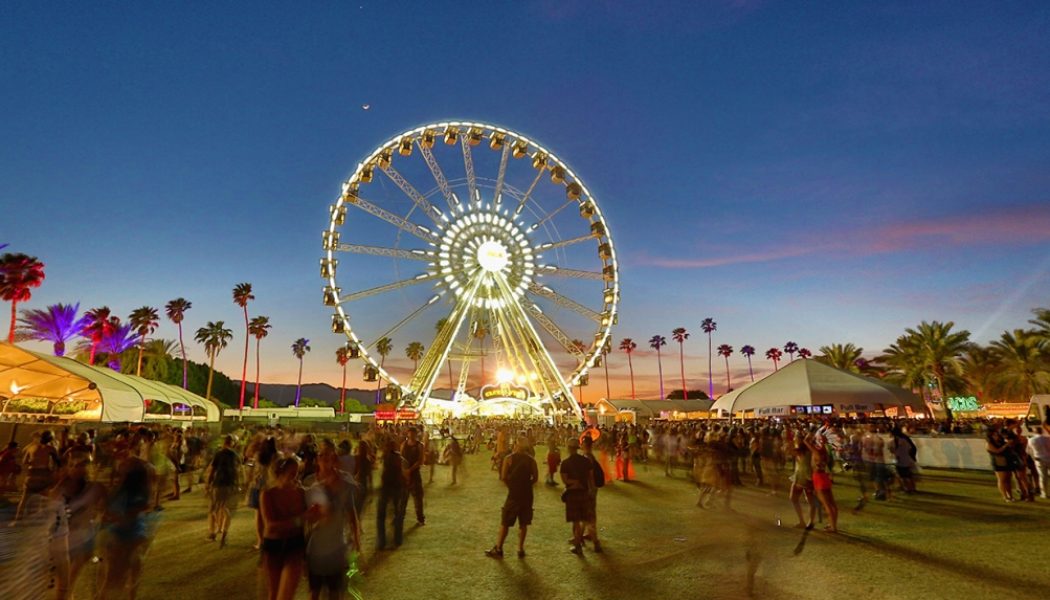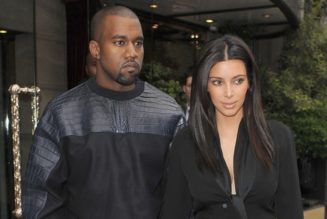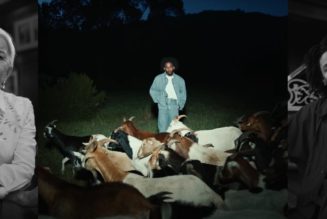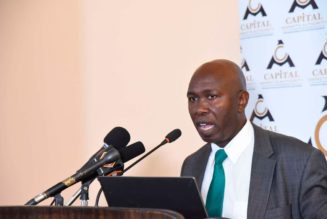
With Tuesday’s flurry of festival lineups — including Boston Calling, Bonnaroo, Sonic Temple Festival, and, finally, Coachella — the 2023 North American festival season formally kicked off, and music fans can expect more announcements to follow.
This figurative ringing of the bell is typically reserved for Coachella (and Coachella alone), which usually announces its lineup the first week of January. But when Los Angeles-based concert promoter Goldenvoice didn’t deliver on time — for unexplained reasons — it left some executives wondering what to expect from potential ripple effects throughout the festival circuit.
That’s due to Coachella’s contracts and stature in the business. Coachella’s artist contracts come with radius clauses that give the Southern California festival first right to announce its artist lineup in the region. As such, festivals have worked out a largely unspoken schedule for announcing their lineups after Coachella goes first, and then navigating similar first-announce and radius clauses other major festivals may have.
In this case, Live Nation-owned festivals Boston Calling and Bonnaroo booked 070 Shake, Sofi Tukker and Knocked Out, who were playing Coachella as well. Both lineups were slated to drop on Jan. 10 — but with the morning of the 10th approaching and no Coachella lineup announced, agents for the acts had to check in with Goldenvoice to let them know about the Bonnaroo and Boston Calling announcements.
Making things more complicated was that both Live Nation-owned festivals, along with the Danny Wimmer Presents-owned Sonic Temple Festival in Columbus, Ohio, had coordinated their lineup announcements to take place hours apart on Jan. 10 at the request of the Foo Fighters, who wanted a somber announcement surrounding their return to the stage following longtime drummer Taylor Hawkins’ death last March.
Goldenvoice president/CEO Paul Tollett told the agencies there was no problem with the lineup announcements happening before Coachella, and a small dustup was easily avoided. The episode, however, is illustrative of how a small group of concert promoters, powerful booking agents and contract attorneys regulate and protect the music festival industry.
At the top of that system is Coachella, a cultural and economic juggernaut that sells more than $100 million worth of tickets each year over two weekends in mid-April, making it the first major festival to take place each year. In order to protect the massive investment in artist fees it pays each year, AEG-owned Goldenvoice requires artists to sign radius clauses agreeing not to announce their participation in festivals that take place in California, or in states neighboring California, until after their performance at Coachella. Artists participating in festivals in states not neighboring California generally only have to wait until after the Coachella lineup announcement before publicizing their involvement in other events.
Today, most major festivals use radius clauses to restrict participating artists from performing at competing events that fall too close geographically or chronologically. Managing this complex web of obligations and radius clauses typically falls on an artist’s booking agent, who negotiates the agreements between festivals and artists while managing their client’s radius clause obligations throughout the touring cycle.
In order to avoid violating each other’s radius clauses, since 2014, festivals that take place in the first part of the year have worked on a schedule starting in the first week of January for announcing their lineups. From 2014 to 2020, the lineup for Coachella was announced during the first week of January. But for the last two years, following the pandemic and the cancellation of the 2020 and 2021 festivals, Coachella’s lineup announcement hasn’t taken place until the second week of January, causing minor delays to festival lineup announcements that have traditionally followed Coachella.
While some of Coachella’s critics say the festival’s pole position in the lineup announcement hierarchy affords Goldenvoice far too much power over smaller festivals, one booking agent told Billboard that Tollett is “exactly the type of person you want in that position.”
“He wants to protect his event, which he spends tens of millions of dollars on each year. He’s first in line because his event is the major festival each year,” says the agent. “But if he needs a little more time to announce his festival, he’s going to accommodate the requests of any festival he impacts. He’s fair and always does the right thing.”
[flexi-common-toolbar] [flexi-form class=”flexi_form_style” title=”Submit to Flexi” name=”my_form” ajax=”true”][flexi-form-tag type=”post_title” class=”fl-input” title=”Title” value=”” required=”true”][flexi-form-tag type=”category” title=”Select category”][flexi-form-tag type=”tag” title=”Insert tag”][flexi-form-tag type=”article” class=”fl-textarea” title=”Description” ][flexi-form-tag type=”file” title=”Select file” required=”true”][flexi-form-tag type=”submit” name=”submit” value=”Submit Now”] [/flexi-form]










Tagged: Analysis, Bonnaroo, business, Coachella, coachella 2023, entertainment blog, festivals, music blog, Touring